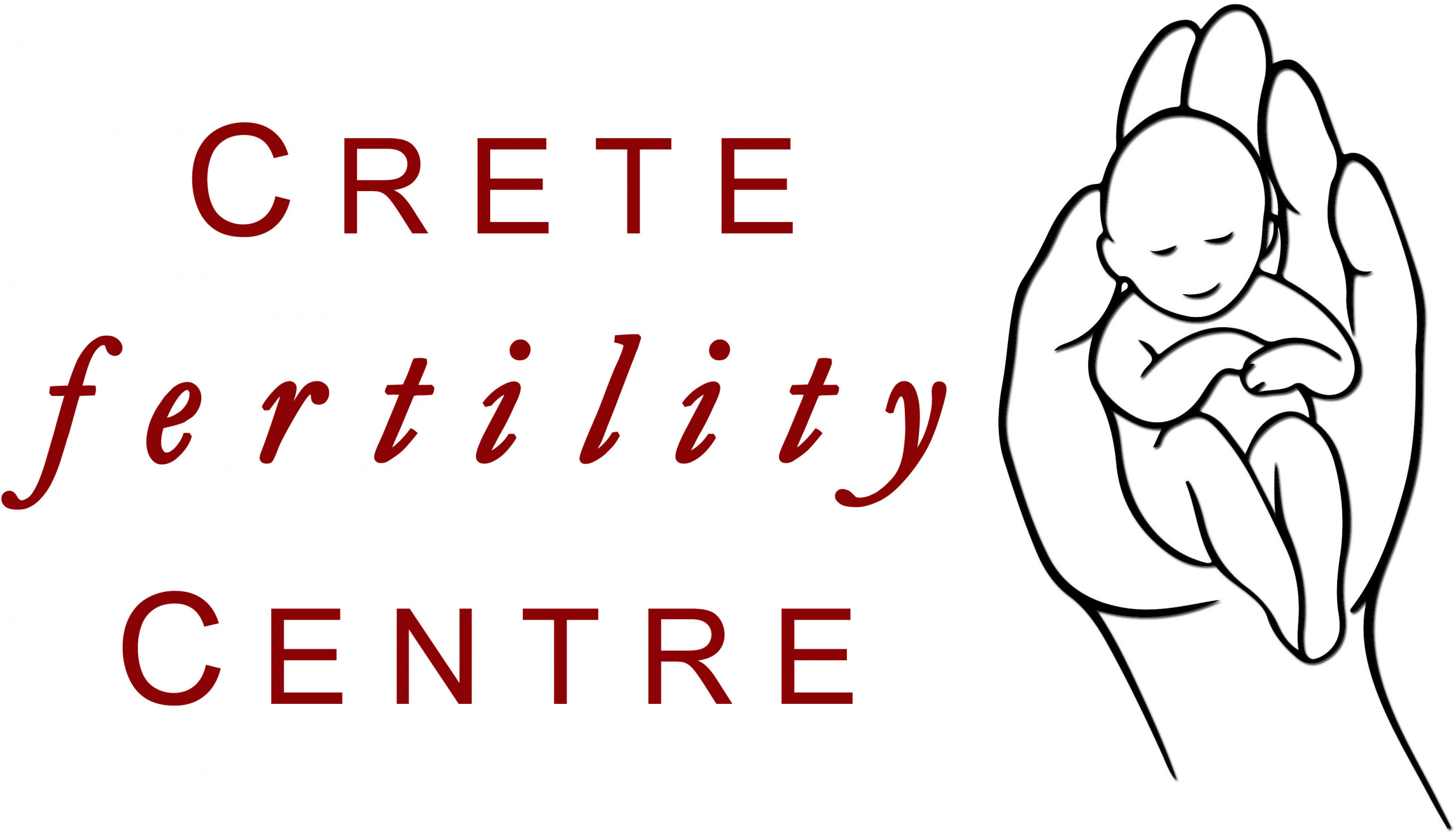Why Women With This Job Have the Best Chance of IVF Success

It’s no secret that in vitro fertilization (IVF) is an intense process. Women who turn to IVF for help conceiving have to undergo hormone shots, an egg retrieval process, and implantation, not to mention emotional stress. And, despite the high cost, there’s no guarantee of success. It’s understandable, then, that women want to get it right the first time.
Now, FertilityIQ has new data on how your income and occupation can impact your fertility treatment and success. The IVF advice website used data gathered from more than 1,000 fertility patients and discovered that how much you make and what you do for a living are big factors in how well IVF goes for you.
Researchers found that women making more than $100,000 a year have twice as much success with fertility treatments (no huge shocker there, since they have more financial resources to get better doctors), but they also discovered that these women only do 20 percent more IVF cycles than the average woman.
Those who work in marketing or sales are also twice as likely to have success than the average IVF patient.
But, get this: Teachers have the best success rate of all, trumping everyone else by a huge margin. According to the data, teachers are six times more likely to have IVF success than the average woman.
But why? FertilityIQ founders Deborah and Jake Anderson-Bialis say there may be a few factors at play. Teachers told them that having the summer off is super-important because they could do multiple IVF cycles uninterrupted, which is pretty uncommon for everyone else. Teachers also said they work in a supportive environment that’s pretty open about fertility issues, which seems to help. “They know other patients among their peers and get far more emotional support and advice,” Jake Anderson-Bialis says. “There is an inborn cultural support system that almost any fertility patient would love to have.”
It’s not surprising, then, that women in traditionally male-dominated fields like investment banking and engineering were 60 percent less likely to say they had success with their fertility treatments and IVF. Deborah Anderson-Bialis says that women in these fields often have trouble taking time off work to get pregnant, and feel their work environments wouldn’t be supportive of their struggle if they opened up about it. “That can be really overwhelming,” she points out.
While there’s not a lot you can suddenly do about your occupation or income if you decide to undergo IVF, the takeaway seems to be this: If you’re undergoing IVF, it’s crucial to have a good support system in place.
Source: glamour.com




